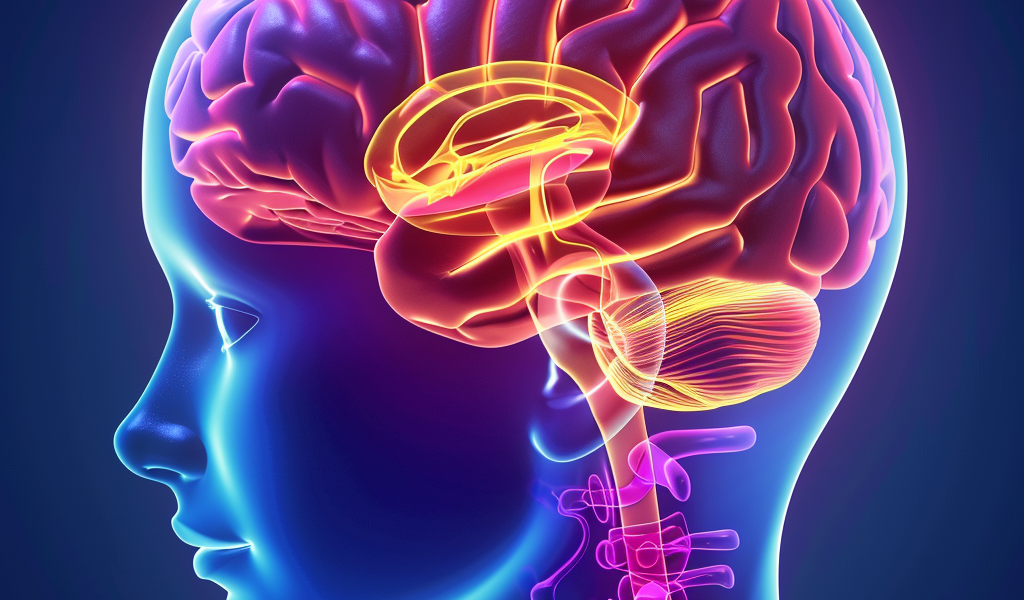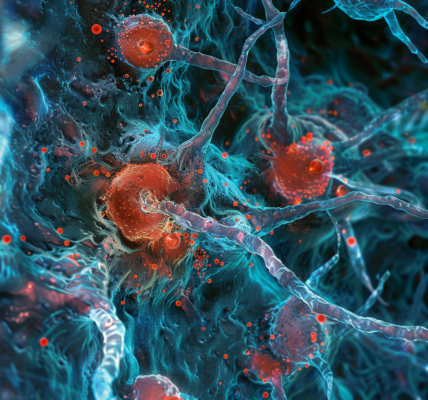Recent research has shed light on the impact of estrogen receptors (ERs) in the human brain, particularly in relation to cognitive function and aging. A study conducted on healthy midlife women using in vivo brain 18F-fluoroestradiol (18F-FES) Positron Emission Tomography (PET) has revealed intriguing findings.
The study indicates that 17β-estradiol, a biologically active estrogen, plays a significant role in brain function through its interaction with ERs. The research suggests that ER density in the brain increases progressively during the menopause transition within estrogen-regulated networks. Notably, these effects were consistent across participants, accurately distinguishing between postmenopausal and premenopausal women.
Interestingly, the study found that higher ER density in specific brain regions was associated with poorer memory performance in both postmenopausal and perimenopausal groups. Additionally, increased ER density predicted the presence of mood and cognitive symptoms reported by women after menopause.
These findings provide valuable insights into how neuroendocrine aging influences ER density in the female brain and its implications for women’s health. Understanding the modulation of ER expression in the brain could have significant clinical implications for addressing cognitive and mood symptoms associated with menopause.
Further research in this area could potentially lead to the development of targeted interventions to support cognitive health and emotional well-being in women during and after the menopausal transition.





